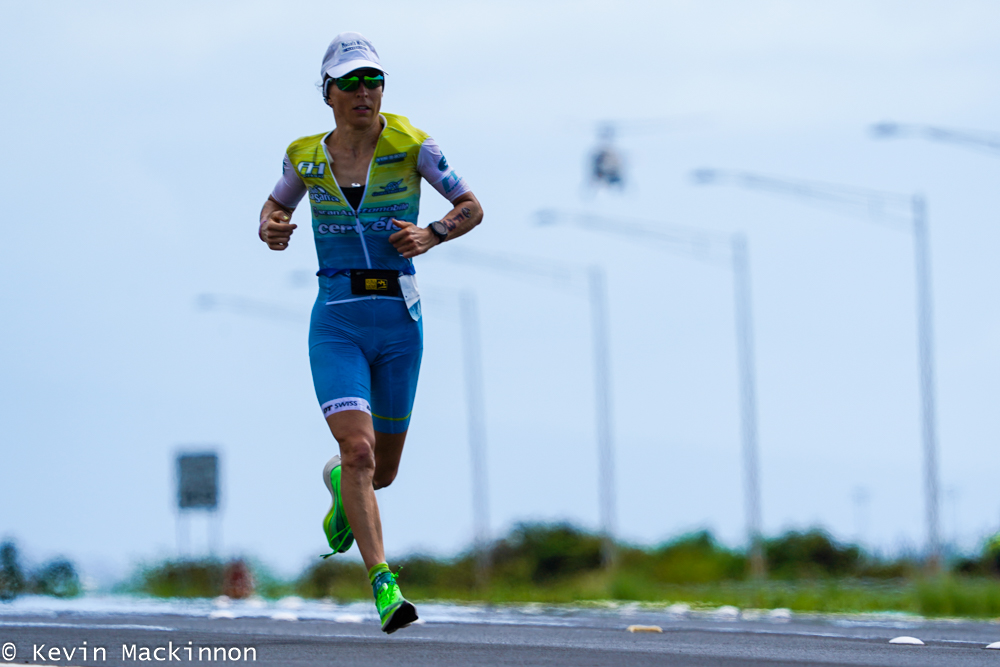Triathlon health and maintenance check – are you a race car or a helicopter?
Recognizing your specific needs for recovery, nutrition and intensity will enhance both your fitness and health
 Photo by:
Kevin Mackinnon
Photo by:
Kevin Mackinnon
I have never been interested in race cars, but lately I’ve envied them a bit. There they go, zipping around the racecourse at hundreds of kilometers an hour, lap after lap. Every once in a while they pull in for a pit stop that lasts only a few seconds and then off they go again, fueled up and fresh.
Some triathletes are able to pull off the human equivalent of this. They train hard, race hard, and seem to be able to keep going with only the basics of maintenance.
A helicopter has the opposite maintenance needs. For every hour of flight time, a helicopter needs approximately four hours of upkeep. Some triathletes are more like helicopters, needing ample rest, careful refueling, and appropriate physical care before they are ready to take off again.
Age, training state, experience, genetics, lifestyle and injury history all play a role in determining where you lie on the spectrum between helicopter and race car, with younger, fitter, more experienced athletes with shorter injury histories being more likely to fall towards the race car end of the spectrum.
Unfortunately, this means that our place on the spectrum is not stable. Even if we were race cars at a young age we become more and more like helicopters as we get older and spend more time in the sport. It can be challenging to recognize and accept that our bodies aren’t as resilient as they once were and that time has had an impact on us as well. All of this can be sobering and can change our relationship with our sport.

Related: Get the most out of your triathlon fitness through long, aerobic training
However, once we accept the reality that our maintenance needs increase as we age, we can alter our routines to avoid injury and maintain optimal performance. One key modification is to adjust your training loads. You can still train hard, but you may need to do fewer hard workouts per week, or include more frequent “easy” weeks where the overall intensity and volume of training is lower. A renewed focus on nutrition and sleep is also helpful. Your triathlon training may no longer be the license to “eat what you want” as you can no longer get away with eating the junk food that once fueled you. A specific focus on strength, core training and flexibility is also helpful as all of these elements naturally decrease over time, especially if they aren’t specifically addressed. Increasing your capacity in any of these elements can help to restore the “buffer zone” of excess capacity that you need to handle workouts without risking overuse or injury. Making sure to spend the needed time to properly rehabilitate all injuries is also very important as this will reduce the long-term impacts of these injuries on your performance.
So, ask yourself – are you a helicopter or are you a race car? Once you recognize, accept and address your specific needs you will be much better placed to stay healthy to enjoy all the amazing things that you can still do – remember helicopters can still fly!
Darian Silk is a triathlon coach and Clinical Exercise Physiologist based in Toronto. Read more about Darian here or email him at darian@teamatomica.com. You can also check out his TrainingPeaks profile here.
